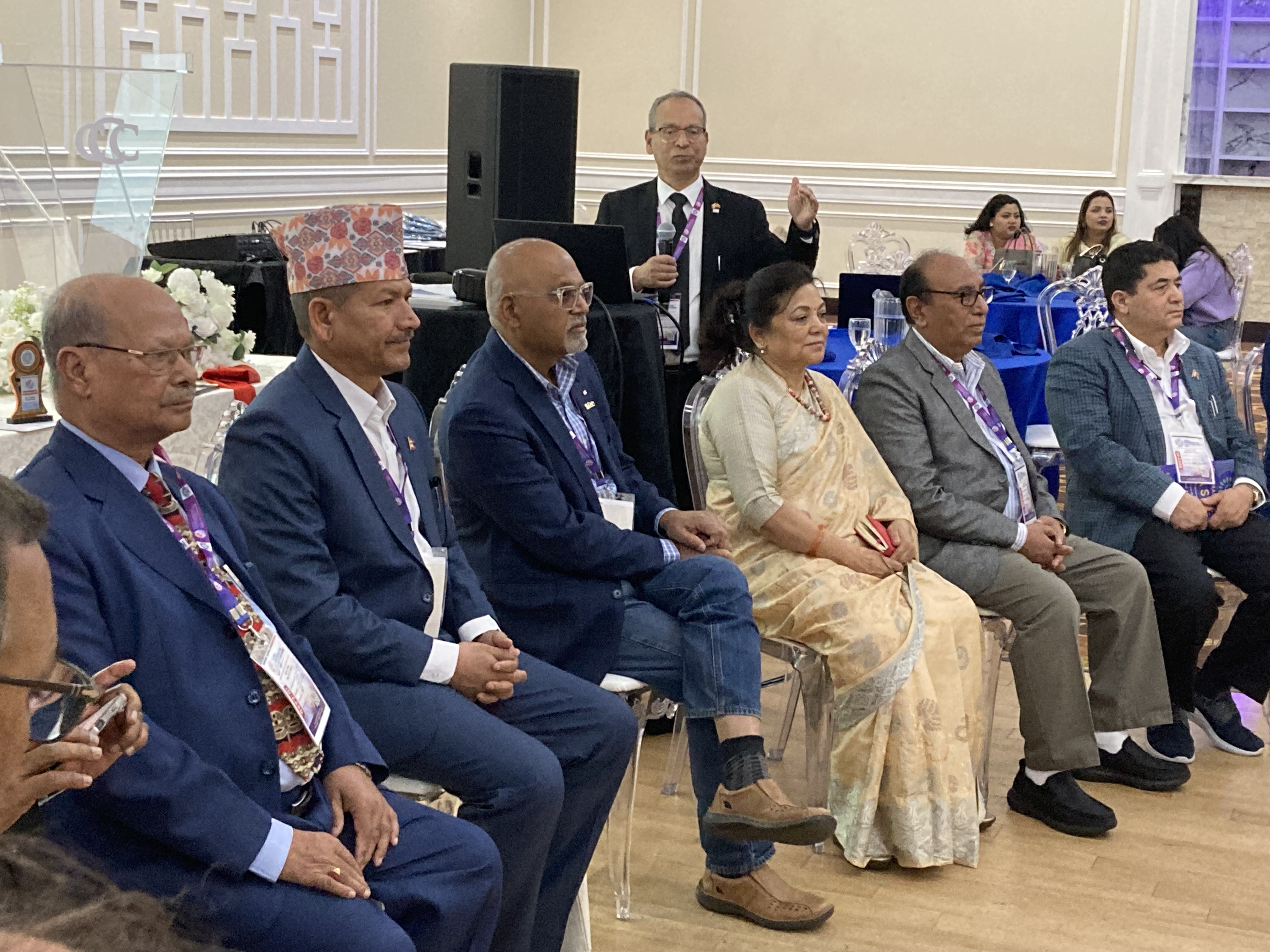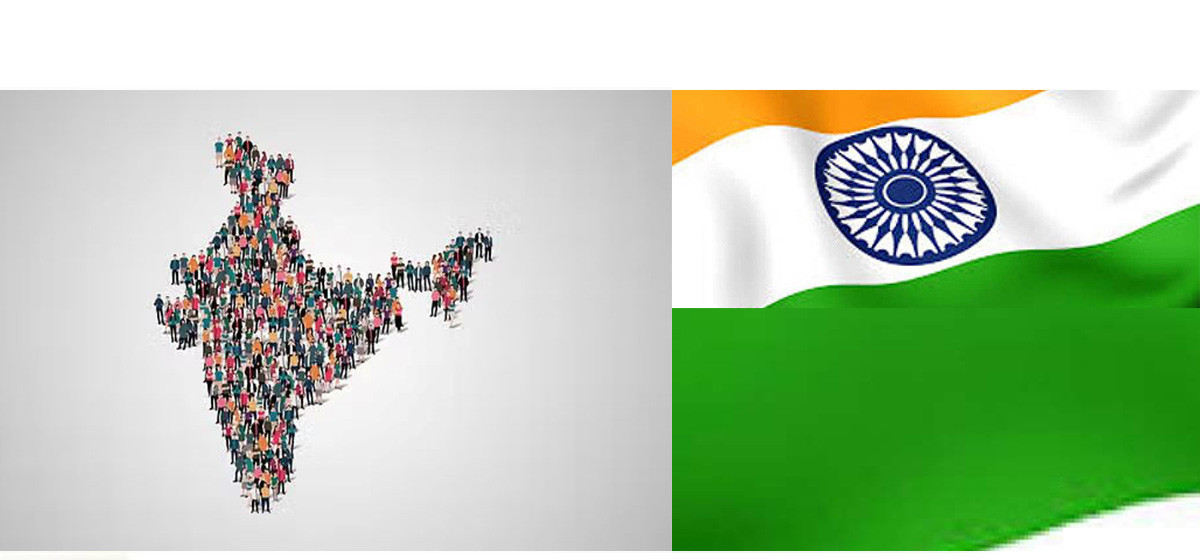In the constituencies across Tarai, the political parties have fielded candidates of a caste that is in majority and who are likely to win the constituency with the communal support.
Caste, a Hindu system of dividing society, should have no part in the politics of the federal republic of Nepal, Devesh Jha, a political analyst told Republica.[break]
Hinduism, Islam and other religion too preaches equality of men and women regardless of caste and creed. ´´But caste has been resurging in Nepali politics since the late 1990´s resulting in a polarized society,´´ adds Jha.
It is needless to say that the caste factors play a dominant role during elections, pushing other social and development issues to a backburner. Though issues like inflation, corruption and governance are raised by political parties, ultimately, it´s the caste factor that prevails.
“In Madhes, close competition between caste clusters have an influence on electorates. The competition between castes tends to bifurcate society as well as political parties. It´s the caste which play a major role in the victory of a particular candidate,” says political analyst Jha.
“Caste played a role in the first CA elections of 2008,´´ says Jha. The political parties also consider the factor while fielding their candidates for the poll. It is unfortunate that the factor is becoming more dominant elections after elections. ´´
He further says that 3C will have a major role at Tarai constituencies during the November poll. “Caste, Cash and Capacity are the three major factors which would hold sway in the upcoming election and its result.” Jha insists that the voters of Madhes prefer to vote for candidates belonging to their caste and community.
“The voters are likely to be influenced by those candidates who offer short term incentives and pecuniary rewards during poll campaigns. Besides, the candidate´s ability to influence the power politics of the country would also play a key role in poll.”
Jha further says that it is the irony of Madhes politics where caste is getting primacy over ideology. However, he admits that the caste politics has become a tactics to woo the vote bank of certain community. “Caste-based politics doesn´t last long as it disrupts the social harmony existing since time immemorial.” He also pointed out that the caste of a party boss also influences the selection of candidates.
For instance, Mahantha Thakur-led Tarai Madhesh Democratic Party (TMDP) has selected 28 candidates under Proportional Representative (PR) and 34 candidates under first past the post (FPTP) electoral system. The party´s chairman, vice chairman, general secretary and spokesperson belong to the Tarai upper caste.
Similarly, Rajendra Mahato-led Sadbhawana Party (SP) has selected 25 candidates under PR from ´Sah´ castes. Bijay Kumar Gachchhadar-led Madhesi People´s Right Forum-Democratic (MPRF-D) has picked 56 and 37 candidates from Tharu castes under PR and FPTP, respectively. Likewise, Upendra Yadav-led MPRF-N has selected 22 candidates and 35 candidates under PR and FPTP belonging from Yadav castes.
Another political analyst Bijay Kant Karna says that the caste-based politics has limited the scope of secularism. “The caste-centered politics has reduced the boundary of secularism, which requires that each people be treated by the content of their character rather than by their creed and religion,” adds Karna. He also admits that the caste has become a key factor influencing poll results.
Political Analyst Dipendra Jha opines that caste-based politics is a South Asian phenomenon. “The caste-based politics is dominant in every south Asian country,” claims Jha. “The caste based politics also should be taken ordinarily as one´s sentiment is invariably attached to the community he/she belongs.”
Jha further says that candidates belonging to a particular caste that has majority of voters would come victorious. “For instance, voters in Tarai would vote for the candidates belonging to his/her caste or community,” he adds.
“There is polarization in society because of caste-based politics,” he said.
JP Gupta, a senior leader advocating Madhesi agenda, said the deeply rooted caste-based politics is a major factor which determines one´s capability. “At a time when Madhesi parties, especially Madhesi People´s Right Forum-Nepal (MPRF-N) joined the CA, party leadership selected leaders for power sharing on the basis of caste, overlooking the capabilities of leaders,” claimed Gupta. He also adds that the MPRF-N, the mother party, fragmented into many splinters because of caste-centered politics.
Gupta further says that the most important factor influencing voters is the candidates´ caste, not political experience.
When asked about the effect of caste-based politics becoming dominant in Madhes politics, former President of Federation of Nepalese Journalists Dharmendra Jha says that the trend would have grave impact on marginalized, oppressed and under-representative communities living on the edge.
“The politics which should be all inclusive would turn toward the trend of ´might is right´ due to the caste-based politics. Dominant caste would prosper at the cost of marginalized communities that will lead toward the degradation of social harmony at the end.”
Jha further opines that the caste-based politics would reap immediate benefits but in the long run, it will turn counterproductive as it might give birth to a new dictatorship in Madhes society.
“The PR system was brought to ensure the representation more inclusive but the Madhesi parties don´t seem to have understood its essence. They have not submitted the PR list in an inclusive manner. In the PR list too the caste factor holds sway.”
The analysts have said that the present society is suffering because the state mechanism and dominant political parties in the past failed to understand the issue of inclusion properly.
Say No to Racial, Caste Discrimination







































